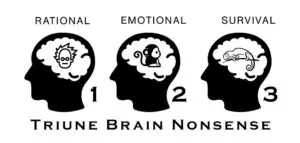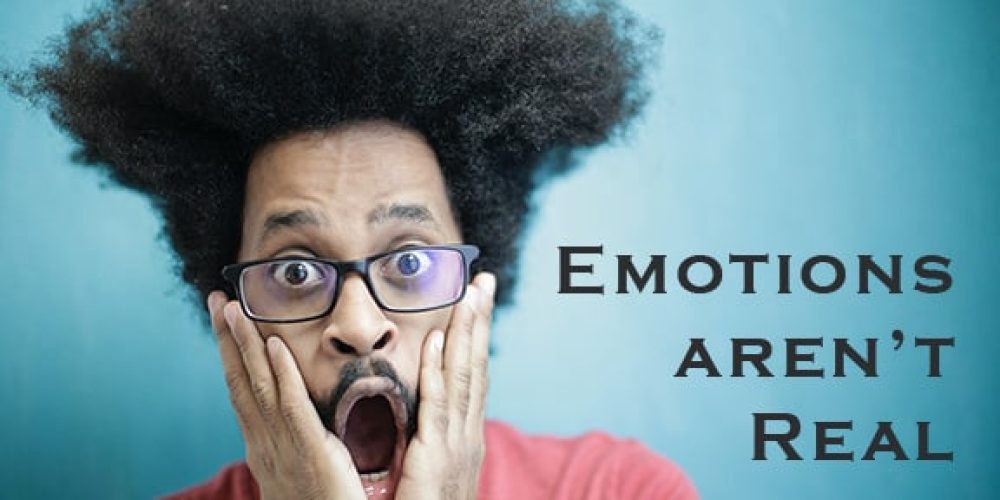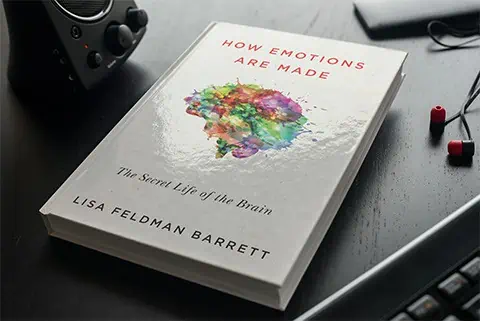Finally, make some meaning out of the sensations in your body
Can you keep a secret?
Emotions aren’t real.
Even more mind-blowing:
That’s actually good news for all of us.
If you look at the latest science of how the brain functions, you’ll have to agree that this statement is basically indisputable.
Unfortunately, there are a lot of people out there promoting the exact opposite of what I’m about to say.
Reader beware: Relying on their theories will make it a lot harder to solve your emotional struggles.
From symbol to “reality”—and back again

Once upon a time, gold, silver, or even shells were money. Nowadays, we call paper, money. As technology marches on, computer code like Bitcoin is also increasingly being called money.

Emotions are kind of like that. Emotions aren’t actually specific, “real” things in your brain or body any more than gold or silver or shells are “real” money. Emotions, like money, are only real to us humans because we’ve all agreed that they are.
If you’re stuck on a desert island, paper “money” isn’t going to do you much good. Money is just a concept that works in a particular context. To hold any value at all, money requires a social agreement that it holds said value.

There’s a ton of detailed brain-function jargon that I could use to explain how this whole emotions-aren’t-real thing works. But I value your time too much to get bogged down in all those details. The main thing for you to understand is this:
Emotions don’t exist somewhere in your brain or body. Rather, emotions are goal-based concepts.
Goal-based, you say?
Every single time you experience an emotion, you’re actively constructing that emotion for the purpose of achieving some goal—even if it doesn’t feel that way.
Namely, your brain lumps certain bodily sensations and actions together for 1 of 5 purposes:
- To make sense of, or name, the feelings in your body in a particular context.
- To prescribe your next action.
- To tell your brain how much energy you need for the next moment.
- To allow you to communicate your experience to other people in a shorthand, so you’ll be on the same page.
- To allow you to influence other people’s behavior.
Why should I care?
Frankly, this is excellent news.
Now you know that emotions don’t happen to you from some mysterious emotional center in the brain.

Therefore, you now have the power to unpack any emotion you’re “having”—or any emotion that another person is “having” in front of you—so it doesn’t get the best of you.
Once you know that emotions aren’t really real, you have a superpower.
You’ll be much less likely to be taken advantage of.
You’ll be much more likely to understand other people.
You’ll be nearly perfect at “controlling” your emotions.
This is 21st century neuroscience
If this sounds like a superpower you’d like to have, contact me and we’ll start designing your supersuit.









